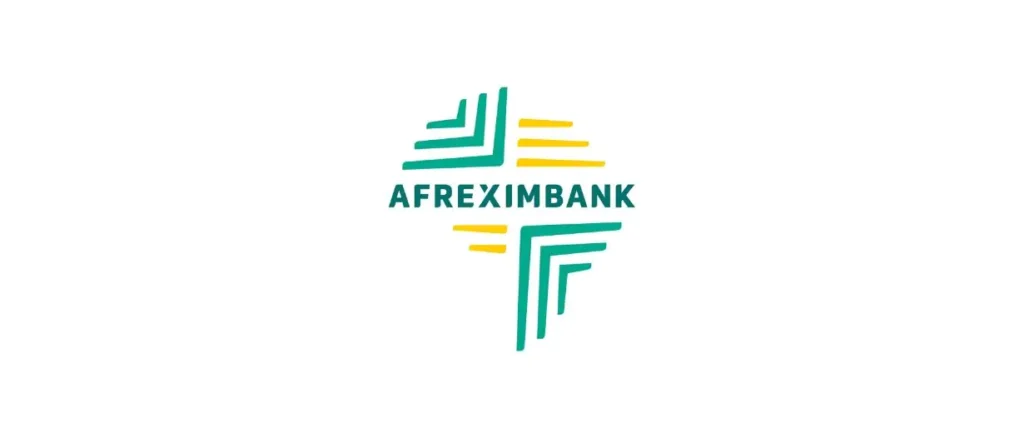05th June 2025, Fitch Ratings downgraded the African Export-Import Bank (Afreximbank) to BBB-, one notch above junk status, and placed it on a negative outlook. For many casual observers, this may seem like just another technical adjustment in the complex world of credit ratings. But the implications of this move—both for Afreximbank and for Africa’s wider financial architecture—run far deeper.
Who is Afreximbank?
Afreximbank is not just any bank. Established in 1993 under a multilateral treaty among African states, the institution was created to finance, facilitate, and promote intra- and extra-African trade. Headquartered in Cairo, its shareholders include African governments, central banks, and private investors. Over the past three decades, Afreximbank has become a key player in providing trade finance, supporting African exporters, and, more recently, stepping in with emergency funding when international capital markets closed to the continent.
During the COVID-19 pandemic and in the wake of Russia’s war in Ukraine, Afreximbank provided billions of dollars in support to African economies.
What Fitch’s View
Fitch’s downgrade of Afreximbank’s long-term foreign currency issuer rating from BBB to BBB- is based on what it describes as rising credit risk and “weak risk management.” The rating agency cited an increase in the bank’s non-performing loans (NPLs), which it estimated at 7.1% at the end of 2024. This figure sharply contrasts with Afreximbank’s own disclosure of a much lower 2.44% NPL ratio.
The discrepancy arises largely from Fitch’s classification of Afreximbank’s loans to Ghana, Zambia, and South Sudan as non-performing—on the assumption that these countries may include such loans in their broader sovereign debt restructuring processes.
Why Does This Matter?
Credit ratings affect more than reputation—they influence how much it costs institutions to borrow. A lower rating means higher interest rates on bonds and less favorable terms in capital markets. For a bank like Afreximbank, whose mission is to support African trade and development, increased borrowing costs directly reduce its ability to extend affordable financing to member countries.
Beyond Afreximbank itself, the downgrade sends a signal to investors and international financial institutions that African multilateral banks might be riskier than previously thought. This could tighten financing conditions for the continent at a time when Africa needs more, not less, development capital.
It also raises fundamental questions about how rating agencies interpret risk in multilateral contexts. Afreximbank operates under a legal treaty framework that grants it Preferred Creditor Status, meaning that its loans should be prioritized for repayment and excluded from debt restructuring. Ignoring that framework and treating its loans like those of private banks or bondholders may misrepresent the actual legal and institutional protections that Afreximbank and DFI enjoys.
AU Panel Reaction
The African Peer Review Mechanism (APRM), a specialized agency of the African Union, has pushed back strongly against Fitch’s decision. The APRM was established to promote governance and transparency across Africa and has taken on the role of scrutinizing how global credit rating agencies assess African states and institutions.
In its statement, APRM questioned the validity of Fitch’s loan classifications, noting that neither Ghana, South Sudan, nor Zambia have defaulted on their Afreximbank loans, nor have they rejected their obligations. As founding members and shareholders in the bank, these countries have both a legal and moral obligation to uphold Afreximbank’s financial commitments.
More importantly, the APRM highlighted a broader concern: that global rating agencies may not fully appreciate the legal and institutional differences between African multilateral banks and commercial lenders. It called for technical dialogue and more context-aware methodologies in credit assessments.
A Moment for Reflection
This episode should serve as a wake-up call—not just for Afreximbank and Fitch, but for all stakeholders in Africa’s development finance landscape. As African institutions grow in scope and importance, they deserve to be evaluated on terms that reflect their unique legal frameworks, mandates, and governance.
The credibility of global credit ratings hinges on fairness, transparency, and an appreciation for institutional context. Afreximbank’s downgrade is more than a rating—it is a test of whether global financial norms can evolve to accommodate African realities.


